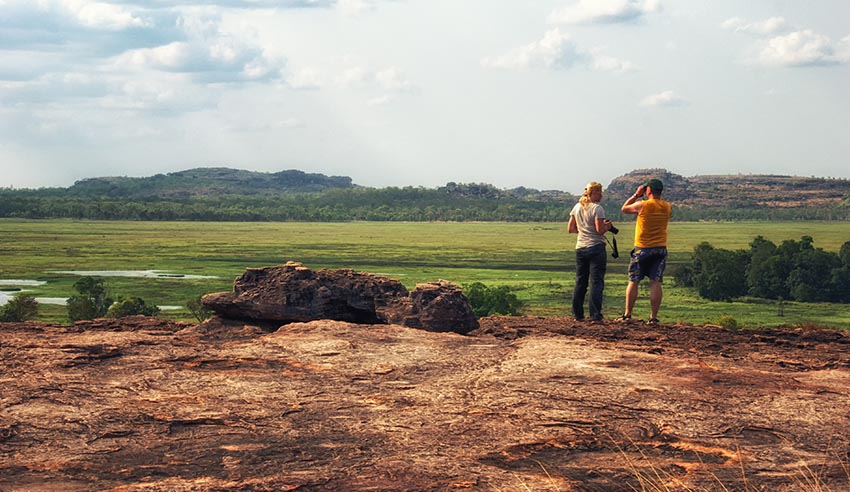New heritage laws to redefine protection of historic sites
The new proposed Aboriginal cultural heritage laws can signal a “shift in the goalposts” to better protect Australia’s historic sites.

Western Australia is set to move on a proposed legislative change after its laws had approved the destruction of the Juukan Gorge caves in the western Pilbara region from Rio Tinto which has generated outrage from the public.
“This is a major failing of the company Rio Tinto and a major failing of the assessment and protection of Aboriginal sites by successive governments,” Mr Barnett said.
Mr Barnett said he wants inquiry run according to a judicial process rather than by politicians.
Western Australia has proposed legislative changes known as the Aboriginal Cultural Heritage Bill 2020, which is intended to replace the “outdated” Aboriginal Heritage Act 1972.
The draft bill also gives more power to Aboriginal people to make agreements and negotiate outcomes pertaining to activities that may impact their cultural heritage.
Clayton Utz partner Brad Wylynko stated that the expansion in protection, together with the broadening of the concept of Aboriginal cultural heritage, “shifts the goalposts in protecting Aboriginal cultural heritage in Western Australia.”
“To harm Aboriginal cultural heritage (places, objects, Aboriginal ancestral remains or cultural landscapes) includes to destroy or damage, or to carry out any act (other than to express an opinion or belief) that demonstrates a disrespect of its importance to Aboriginal people, or diminishes or otherwise affects the value of Aboriginal cultural heritage to Aboriginal people,” Mr Wylynko wrote.
Special counsel Tosin Aro said that activities would be regulated under the bill in accordance with a new risk-based approach to assessing the likelihood of the activity causing harm to Aboriginal cultural heritage.
“Although there are some expressly exempt activities (such as construction or renovation of a residential building on a lot totalling less than 1,100 square meters, subdivision of not more than five lots, or travelling on an existing road or track, provided the activities are not carried out in a protected area), all other activities that may impact Aboriginal cultural heritage would be regulated according to a new layered approach to protection,” Mr Aro stated.
Western Australia’s Department of Planning, Lands and Heritage stated that the bill established a modern approach to protecting Aboriginal cultural heritage in the state that would reset the relationship between land users and traditional owners, and transform how Aboriginal cultural heritage was identified, managed and conserved.
Mr Wylynko stated that this layered approach to approvals, which replaces the section 18 approval under the current Aboriginal Heritage Act, provides a more expansive, inclusive – and nuanced – approach to the protection of the range of Aboriginal cultural heritage that exists.
“It also provides a more engaged process for both project proponents and people affected by projects. Significantly, certain existing agreements (such as are commonly negotiated under the Commonwealth Native Title Act 1993, provided they contain provisions dealing with Aboriginal cultural heritage) will be recognised and operable as an ACH management plan,” Mr Wylynko added.
Previously, the Law Society of South Australia also highlighted the flaws around Western Australia’s heritage protection laws and stated that their model could be an effective fit for other states.
The bill is now open for public consultation ahead of its introduction into State Parliament before the end of the year.